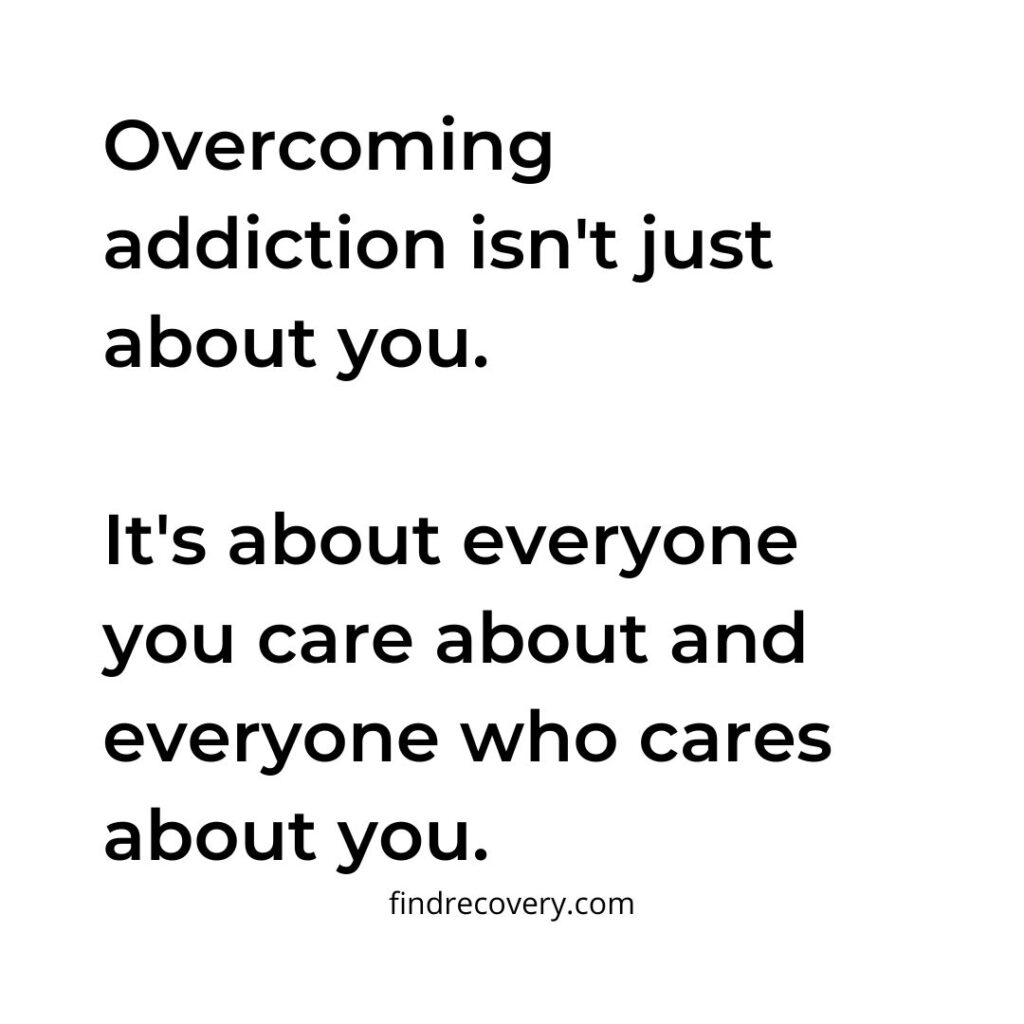The grip of addiction brings a torrent of complex emotions – shame, fear, and guilt among them. But for women battling substance use disorder, this emotional burden is often intensified, a heavy weight disproportionately shouldered. Societal expectations, cultural norms, and pervasive stigmas create a unique disparity where women are far more likely to experience these negative feelings and feel their impact acutely compared to men. These powerful emotions can act as a significant barrier, preventing women from seeking much-needed treatment. For those who bravely step forward and receive help, acknowledging and addressing these deep-seated feelings is not just a part of recovery; it is absolutely essential for any hope of true and lasting healing.
The importance of addressing guilt and shame in women’s addiction treatment
Women aren’t just perceived as being more emotional than men. There’s scientific evidence that women with a drug addiction have different emotional reactions to their condition than men, with shame and depression being significantly more common amongst women.
There is plenty of conjecture on why this might be the case. For example, it is estimated that up to 80% of caregivers are women, and that women spend four more hours a week caring for a loved one compared to men. Because women so often carry the burden of caretaking, they are more likely to feel they have let down their loved ones, leading to negative emotions. When these feelings are combined with existing societal pressures and stigmas, they can become a powerful source of guilt and shame.
Research shows that these feelings of guilt and shame can exacerbate substance use. One study examined the longitudinal effects of shame and drug use. It confirmed that higher levels of shame correlated with greater drug use, and why these feelings can create a vicious cycle if not addressed.
Guilt over past actions or behaviors may drive women to start or continue using drugs and alcohol as a coping mechanism. A sense of shame can amplify feelings of unworthiness or despair. This often leads to self-blame and isolation, further entrenching the individual in a destructive cycle.

4 tips for women needing addiction treatment
Breaking this cycle of negative thinking is a crucial aspect of successful addiction treatment for women, and is something that can only be achieved by a facility that recognizes the importance of addressing the feelings of guilt and shame. An effective women’s addiction treatment program must create a safe and supportive environment where women can explore their emotions without judgement.
- Find gender-specific treatment.
Addiction treatment programs that cater specifically (though not necessarily exclusively) are a great option. In addition to recognizing the importance of addressing feelings of guilt and shame, these programs are designed to address the unique needs of women such as societal pressures and caregiving responsibilities. These programs create safe, supportive environments where women can explore their emotions without judgment.
- Change negative thought patterns
Counseling and therapy play a vital role in helping women process guilt and shame. Therapeutic interventions such as cognitive behavioral therapy (CBT) and dialectical behavior therapy (DBT) are two approaches that are known to be effective at breaking the cycle of negative thought patterns and replacing them with healthy ones that are conducive to recovery.
- Exercise self-compassion
Self-compassion is a powerful antidote to guilt and shame. It’s an important step in reframing a person’s experiences and viewing drug addiction as a condition to be treated rather than a moral failing. (It’s difficult to convince someone to get help if they don’t believe they deserve to live a healthy and happy life.) Self-compassion is just the first step to a path of self-acceptance and eventually, forgiveness, that can eventually pave the way for lasting addiction recovery. .
- Connect with peers
Addiction can be a lonely and isolating experience, but particularly so for women whose guilt and shame can quickly lead to self-isolation. This loss of community is a vital part of not only the recovery process, but relapse prevention as well. Women in addiction recovery can connect with other women who are empathetic to their situation in peer-support groups like Narcotics Anonymous. Many such groups cater to specific communities such as LGBTQ+ individuals, ethnicity, or gender.
Overcoming substance use disorder in women
Guilt and shame are formidable obstacles, but they are not insurmountable. With the right support and resources, women can break free from the cycle of addiction, feel empowered, and experience true recovery. Women’s addiction treatment programs, trauma-informed care, and community support are key components of this journey.
If you or a woman in your life is seeking help for drug addiction but is not sure where to start, this free online directory can help you find an NA group near you.
